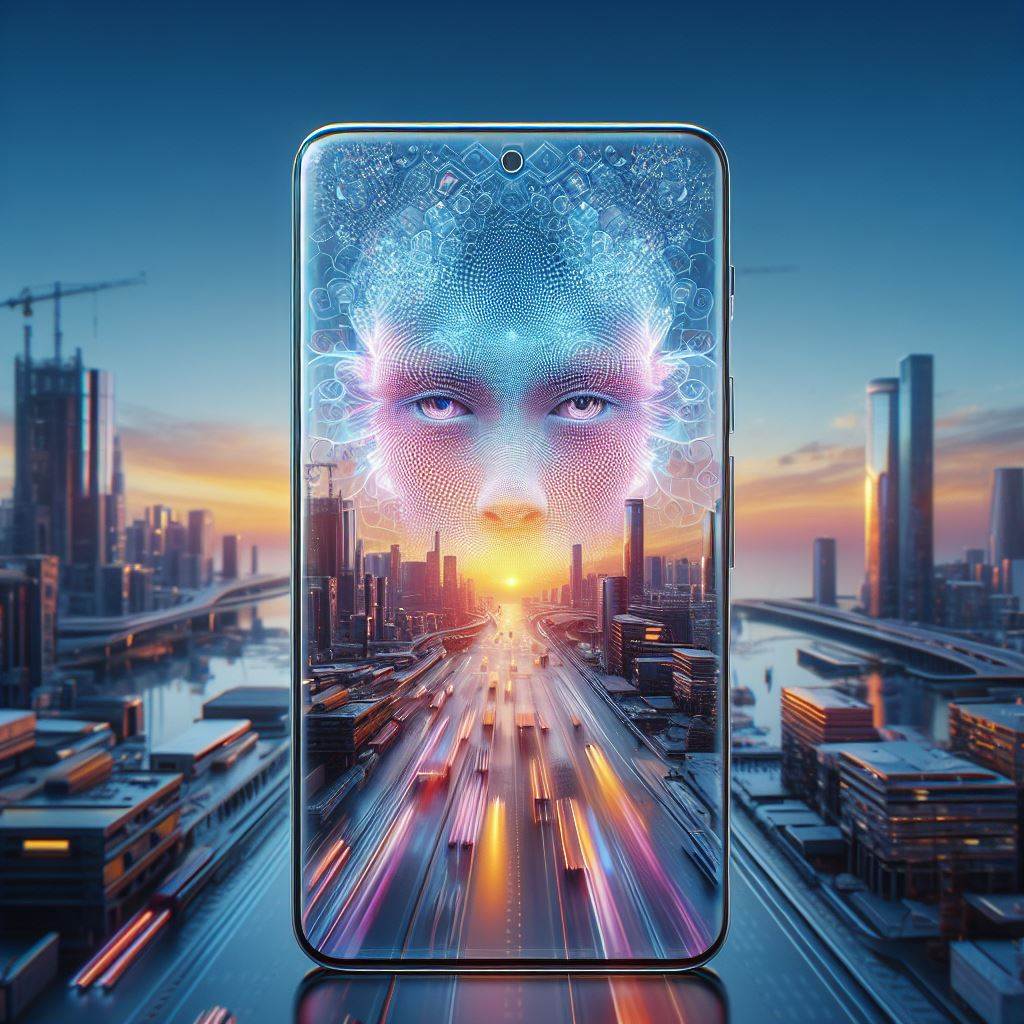
Glass, a tech company pioneering advancements in both software and hardware for camera systems, has introduced a groundbreaking AI-powered camera upgrade aimed at enhancing image quality without introducing any unwanted artifacts commonly associated with AI upscaling techniques.
Termed GlassAI, the technology represents a significant departure from traditional hardware-centric approaches to image processing. Instead, GlassAI leverages a neural image signal processor (ISP), a purely software-based solution designed to refine raw sensor output into vibrant, high-resolution images.
The complexity of modern ISPs, exemplified by industry giants like Apple and Google, underscores the intricate tasks they perform: synthesizing multiple exposures, detecting and sharpening faces, and compensating for minor movements, among others. While AI integration is common in ISPs, the challenge lies in avoiding unintended consequences such as hallucinations or artifacts, particularly when generating details where none exist.
Glass offers a comprehensive solution comprising both a unique camera system featuring an anamorphic lens and its proprietary neural ISP. Notably, GlassAI excels in extracting details from raw imagery, capitalizing on inherent patterns and noise characteristics to deliver superior image quality. Co-founder and CEO Ziv Attar asserts that GlassAI outperforms existing ISP solutions, even surpassing Apple's capabilities in certain scenarios.
In comparison to conventional approaches, GlassAI's training methodology stands out for its efficiency and effectiveness. By leveraging robotic and optical calibration systems in its training labs, Glass achieves comprehensive characterization of lens aberrations, effectively reversing optical distortions and enhancing image fidelity.
Real-world evaluations, including a collaboration with DXO on a Moto Edge 40 device, demonstrate the remarkable improvements facilitated by GlassAI. Notably, the technology excels in low-light conditions, delivering sharper and more detailed images compared to conventional ISPs.
GlassAI's end-to-end processing streamlines the image enhancement process, eliminating the need for additional denoising or sharpening steps commonly found in traditional workflows.
It's crucial to distinguish GlassAI from conventional super-resolution AI services, which often rely on upscaling finished images, potentially introducing undesirable artifacts. GlassAI, while leveraging AI, prioritizes detail extraction rather than image generation, ensuring superior image fidelity without compromising authenticity.
The availability of GlassAI marks a significant milestone for the company, following an extensive testing period with partners. Notably, Glass has secured additional funding amounting to $9.3 million, led by GV, with participation from Future Ventures, Abstract Ventures, and LDV Capital, underscoring investors' confidence in the company's innovative approach to image processing technology.
As Glass continues to refine its technology and expand its customer base, anticipation mounts for the forthcoming release of smartphones featuring its distinctive anamorphic camera system, promising further advancements in mobile photography.